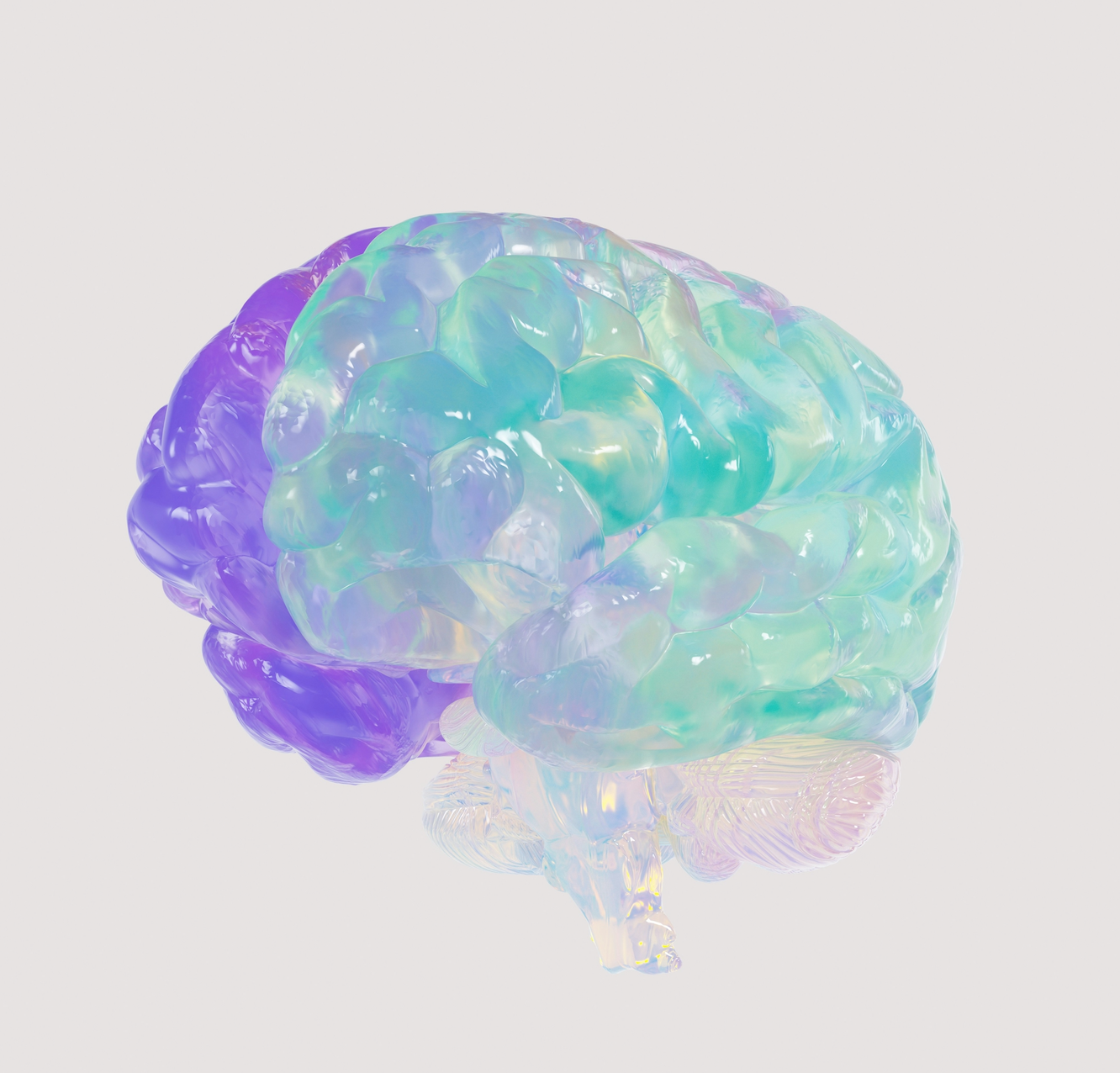
Does Anxiety Affect More Than Just the Brain?
Does Anxiety Affect More Than Just the Brain?
Anxiety is often associated with mental processes—thoughts, fears, and worries—but its impact reaches far beyond just the brain. For many people, anxiety can affect various aspects of their physical health, emotional well-being, and daily functioning. Understanding these broader effects is crucial for managing anxiety effectively and seeking the right support.
The Body-Mind Connection
The body and mind are intricately connected. When you experience anxiety, your body reacts as if it is under threat, triggering the “fight or flight” response. This physiological reaction prepares you to face danger but can lead to a range of physical symptoms when activated too frequently or without a clear cause.
Physical Symptoms of Anxiety
- Increased Heart Rate
One of the most common physical manifestations of anxiety is a racing heart. This occurs due to the release of adrenaline, which can lead to palpitations and a feeling of your heart pounding in your chest. For some, this can be alarming and may mimic the symptoms of a heart attack, leading to increased panic. - Muscle Tension
Chronic anxiety often leads to muscle tension throughout the body. You may find yourself clenching your jaw, tightening your shoulders, or experiencing persistent headaches. Over time, this tension can contribute to pain and discomfort, creating a cycle of anxiety and physical symptoms. - Gastrointestinal Issues
The gut-brain connection is well-documented, and anxiety can significantly impact digestive health. Many people with anxiety experience stomachaches, nausea, or changes in appetite. Conditions like irritable bowel syndrome (IBS) are often exacerbated by stress and anxiety, highlighting the profound impact of emotional health on physical well-being. - Sleep Disturbances
Anxiety often disrupts sleep patterns, making it difficult to fall asleep or stay asleep. This lack of quality rest can further exacerbate anxiety, creating a vicious cycle. Sleep deprivation can lead to increased irritability, poor concentration, and heightened anxiety, all of which make managing daily responsibilities even more challenging. - Weakened Immune System
Chronic anxiety can weaken your immune system, making you more susceptible to illnesses. The stress hormone cortisol, when consistently elevated due to anxiety, can impair your body’s ability to fight off infections and recover from illness.
Emotional and Social Impacts
Anxiety doesn’t just affect you physically; it can also have profound emotional and social consequences.
- Mood Changes: Persistent anxiety can lead to mood swings, irritability, and feelings of hopelessness. It can also contribute to other mental health issues, such as depression.
- Social Withdrawal: Many individuals with anxiety may avoid social situations, fearing judgment or feeling overwhelmed. This withdrawal can lead to isolation, further exacerbating feelings of loneliness and distress.
- Impaired Concentration: Anxiety can make it difficult to focus and concentrate, affecting your ability to perform at work or school. This can create a cycle where poor performance increases anxiety, leading to more difficulty concentrating.
Seeking Help
Understanding that anxiety affects more than just the brain is vital for holistic treatment. By acknowledging the physical, emotional, and social ramifications of anxiety, individuals can take proactive steps toward healing.
Therapeutic Support: At Genesis Counseling, we believe in a comprehensive approach to anxiety management. Our therapists can help you understand the full spectrum of your anxiety, providing tailored strategies to address both mental and physical symptoms. Whether through cognitive-behavioral therapy (CBT), mindfulness practices, or stress management techniques, we aim to support your journey toward better emotional and physical health.
Conclusion
Anxiety is a multifaceted condition that can significantly impact various aspects of life. By recognizing that it affects more than just the brain, you can take meaningful steps toward managing your symptoms and improving your quality of life.
If you or someone you know is struggling with anxiety, don’t hesitate to reach out for support. At Genesis Counseling, our experienced team is here to help you navigate the complexities of anxiety and develop effective coping strategies. Call us today to schedule an appointment at 561-408-1098 and take the first step toward a healthier, more balanced life. Remember, you don’t have to face this alone—help is just a phone call away!
Written by: Jennifer Bishop, LMHC
Practice Owner

